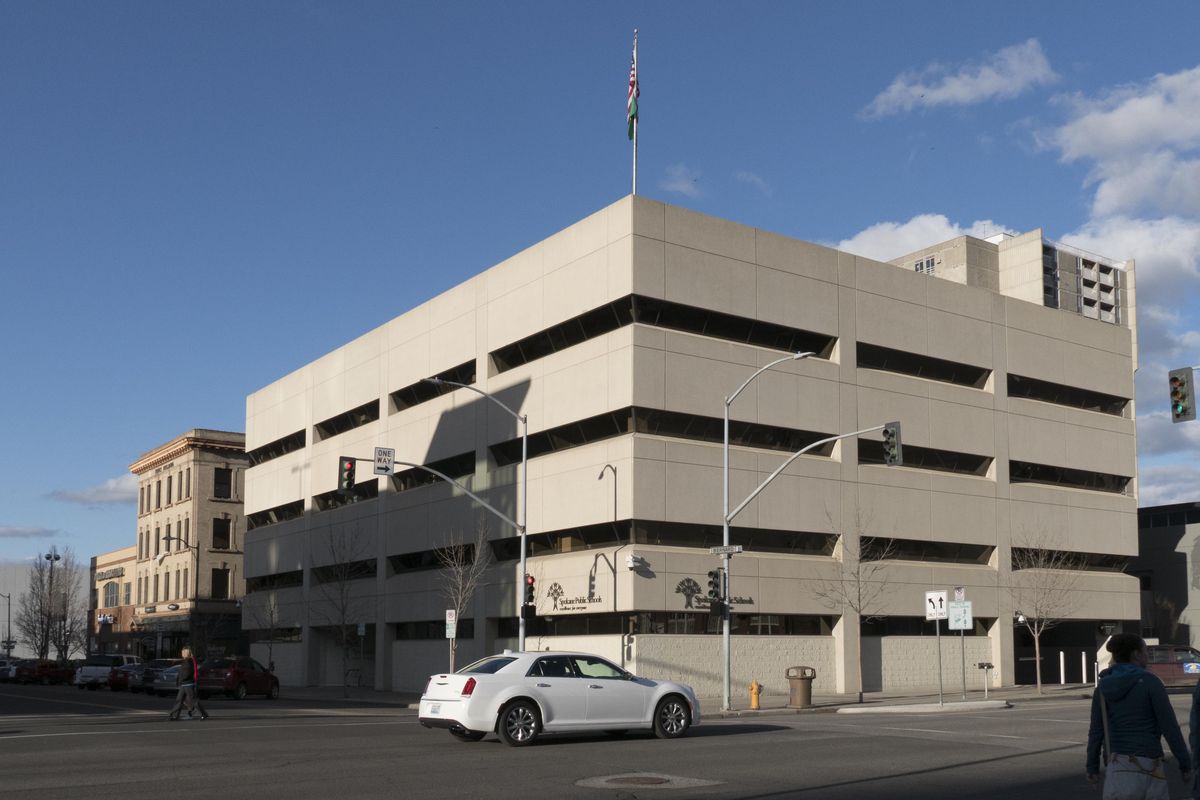Spokane schools’ budget to grow 7.2 percent, majority of money earmarked for teachers

The budget of Washington State’s second-largest school district is set to grow by 7.2 percent, with much of that money going toward teachers and teaching supports.
The Spokane Public Schools board of directors unanimously approved the $419 million 2017-18 budget Wednesday with a vote of 3-0. Board president Deana Brower was absent.
The primary reason for the larger-than-normal increase was the state’s newly adopted education funding plan, said Linda McDermott, the district’s chief financial officer.
A majority of the district’s budget goes toward teachers. That includes salaries, benefits and funding for new positions.
In 2017-18, the district will spend 72.5 percent of its budget on teachers and teacher supports, a 1 percent increase from last year. Spokane Public Schools, the state’s second largest district, spends a higher percentage of its budget on teachers than Seattle Public Schools or Tacoma Public Schools, according to a district analysis.
“We’ve added a number of positions related to our student support specialists,” McDermott said.
Some of those new positions will support a districtwide effort at implementing restorative discipline practices, reducing exclusionary discipline and increasing support and services for special education students.
Emphasis on special education, inclusion
Of the total budget, $55.8 million is earmarked for special education services and programs. Last year special education received $49.7 million. The new state budget provided an additional $3 million for special education this year.
Over the course of developing the budget, district administrators went to community members for feedback twice. In an early-August meeting, parents and advocates urged district administrators to include more funding for special education and discipline.
School board member Jerrall Haynes addressed parents and advocates at Wednesday’s meeting, before the vote.
“For every parent and/or community member who came forward tonight, thank you very, very much,” he said.
Although the district has embraced restorative practices over the past three years, many parents said their students’ experiences varied widely from school to school and teacher to teacher. Districtwide, special education students and minority students continued to be disciplined or arrested at a disproportionate rate.
According to end-of-year data, minority students accounted for nearly half of all student arrests in Spokane, while comprising a significantly smaller proportion of the student body as a whole.
In response, the district has allocated more money for training in restorative discipline practices, cultural responsiveness for teachers, administrators and campus resource officers.
The district will also add a half-time special education liaison position, and the budget will add an intervention support specialist at Garry Middle School. The district’s other middle schools already have intervention support specialists.
Intervention support specialists assist classroom teachers when students need extra attention, a key component of restorative discipline.
Extra funds held in reserve
At the Wednesday meeting, representatives of the Every Student Counts Alliance addressed the board of directors prior to the budget vote. They asked that any money not allocated be set aside to support special education interventions and restorative discipline practices.
Unallocated funds currently stand at about $600,000.
The representatives asked particularly that the money be set aside in anticipation of an upcoming audit of the district’s special education services.
However, district administrators seemed hesitant to earmark the money, preferring instead to hold it in reserve.
“I think we just want to be careful that we don’t spend it all,” said Superintendent Shelley Redinger.
Redinger pointed out that the budget is a projection and can change as student enrollment and other factors fluctuate.
Overall, Nikki Lockwood, a representative of the Every Student Counts Alliance, said she was happy with the process and felt that community concerns were mostly listened to. Still, she hopes for more and wants to see exactly how the money is used.
“As a parent of a student with special needs, I don’t want other parents to experience the stories that were shared,” she said. “(Still we) have to be realistic with how change happens.”